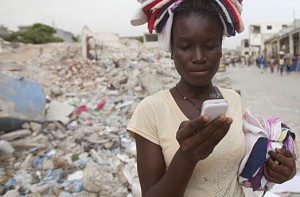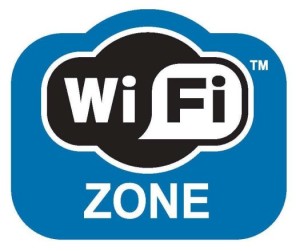Next step towards 4G
 The next stage in bringing 4G to all UK users is coming up soon. The long-awaited auction of frequency spectrum is expected next month now. Ofcom has been involved in litany of delays and arguments but, at long last, it now seems that it will go ahead.
The next stage in bringing 4G to all UK users is coming up soon. The long-awaited auction of frequency spectrum is expected next month now. Ofcom has been involved in litany of delays and arguments but, at long last, it now seems that it will go ahead.
The latest news concerns the final list of approved bidders for the vital radio frequency spectra that will be used to carry the super-fast 4G signal. EE already owns some usable spectrum which it re-purposed for 4G which is how it came to be the first 4G carrier in the UK and also explains the reason why it was able to secure a monopoly this year. Meanwhile, Ofcom made all the other networks wait until this auction was completed before they could get their hands on the correct frequencies for 4G communication. Part of the reasoning behind this was to force the other networks to stop delaying the auction with tedious legal complaints no matter how unfair the head start ruling seems.
The finalised list of bidders includes UK operators Vodafone, Telefónica (which owns O2) and Hutchison Whampoa which owns Hutchinson 3G and hence Three Mobile (and which should probably think about changing its name soon lest it become even more out of date). EE is also bidding for an even bigger slice of the action. The remaining three companies hoping to get involved are MLL Telecom, BT (who used to own BT Cellnet and O2) and much maligned Hong Kong company PCCW Limited.
Ofcom is claiming that the upcoming auction will raise a huge amount of money for the government. The previous auction of frequency bands for 3G generated over £20 billion but, post hoc, operators complained that they had overpaid and that they were left too deep in the red. The auction occurred at the apex of the tech boom and nowadays we are in the middle of a double-dip recession. The government is only expecting an income of about £3.5 billion from the 4G auction. In comparison, a similar 4G auction was recently conducted in Holland and raised on £3 billion. However, that represents a per capita cost of about £190 compared to just £60 expected in the UK auction.
It is thought the bidding from BT, MLL Telecom and PCCW Limited is only going to be speculative with the existing British network operators picking up the vast majority of frequencies available. MLL Telecom in particular have publicly stated that they don’t intend to offer a consumer 4G service.
There will be twenty eight separate blocks of bandwidth available this time round compared to just five for the previous 3G auction. Please let us know your thoughts on the upcoming spectrum auction and we’ll bring you more information and updates as things progress.
 Francis West is urging for greater cooperation in humanitarian efforts so that technology can make the biggest positive difference possible.
Francis West is urging for greater cooperation in humanitarian efforts so that technology can make the biggest positive difference possible.  O2 have just launched a new app for smartphones and tablets that makes getting connected to public Wi-Fi a whole lot easier. The O2 WiFi app allows you to take advantage of free Internet access when in a Wi-Fi location without the need for pesky usernames and passwords. The idea is to make getting connected when out and about simpler and quicker.
O2 have just launched a new app for smartphones and tablets that makes getting connected to public Wi-Fi a whole lot easier. The O2 WiFi app allows you to take advantage of free Internet access when in a Wi-Fi location without the need for pesky usernames and passwords. The idea is to make getting connected when out and about simpler and quicker.


Recent Comments